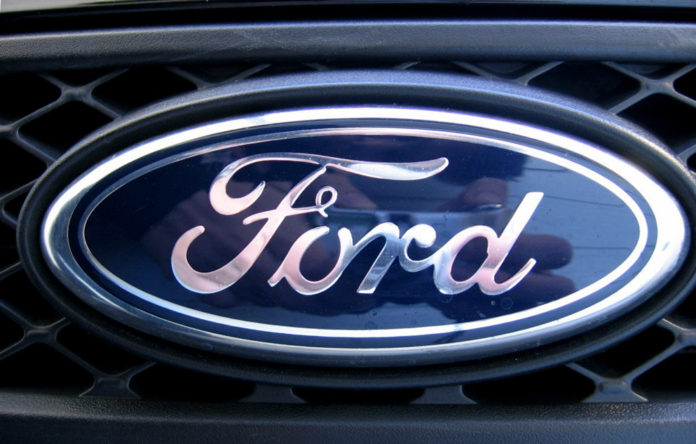
By Desiree Homer
Another Victim of Coronavirus May Be Electric Vehicle Plans
Before the pandemic hit, it seemed the automotive headlines were all about electric vehicles, the latest technologies involved, and the legislature designed to advance the movement. Fast forward to May, and the auto industry is laser-focused on getting things back to traditional production. Dealers are less concerned about competing with Rivian and Tesla and are more intent on just getting their business back on track. It turns out; some automakers feel the same way. Ford recently announced it would be canceling its original arrangement with Rivian, to develop an electric SUV addition to the Lincoln portfolio. EV innovations may be taking back-burner due to COVID-19. And it may offer a little relief in pressure, for dealer owners.
Why Ford Decided to Hit Pause on its Lincoln EV Plan
Lincoln and Rivian announced on Tuesday, April 28th. They were canceling the production of the collaborative electric SUV, slated for release in 2022. Citing the nature of the “current environment,” Ford Motor Company says it’s not the right time to pursue the development of the fully electric vehicle. The new EV Lincoln concept was based on the Rivian’s skateboard platform, and the vehicle would have featured much of Rivian’s tech. Of course, Ford intends to maintain its commitment to electrification over time. And overall strategic plans for innovation will not change, as it strives to remain consistent with its “Quiet Flight DNA.” Rivian still plans to move forward with its own plans for the R1S SUV, unaffected by the latest pause in partnership for the Lincoln SUV.
Electric Vehicles May Not Be Popular Right Now
Industry experts are predicting that consumers may not be as readily accepting of new EV vehicles in the coming weeks. Consumer confidence in the economy, due to the pandemic-induced conditions, is surging downward. And many households have taken financial hits with shelter in place orders and record unemployment. Many of the available EV models tend to have higher price tags that car buyers may not be able to stomach right now. EV sales are declining due to falling gas prices, as well. With fewer people on the road, the reduced demand has brought serious drops in costs at the pumps.
Dealers Are Feeling Less Pressure to Compete with EVs
Dealerships can take advantage of consumer trends over the coming weeks. As retailers push for a return to normal, in sales and service, electric vehicles may not present the competition they once had before the pandemic. And that’s a relief for many dealers. There may be a surge in more economically priced vehicles, considering the family finances. Those who need a car won’t be as concerned about filling up the gas tank, either. Dealers can use these trends to their advantage as they continue to market their inventory and re-engage their customer bases.
The car-buying trends may continue to shift in the coming weeks and months. But for now, dealers can take solace in having a healthy inventory of budget-friendly, gas-powered options to liquidate. With Ford’s recent announcement to put a hold on new EV development plans, there may be a window of pause in the electrification movement. And that’s one less thing dealers have to compete with as they push to reopen and get back to business.












